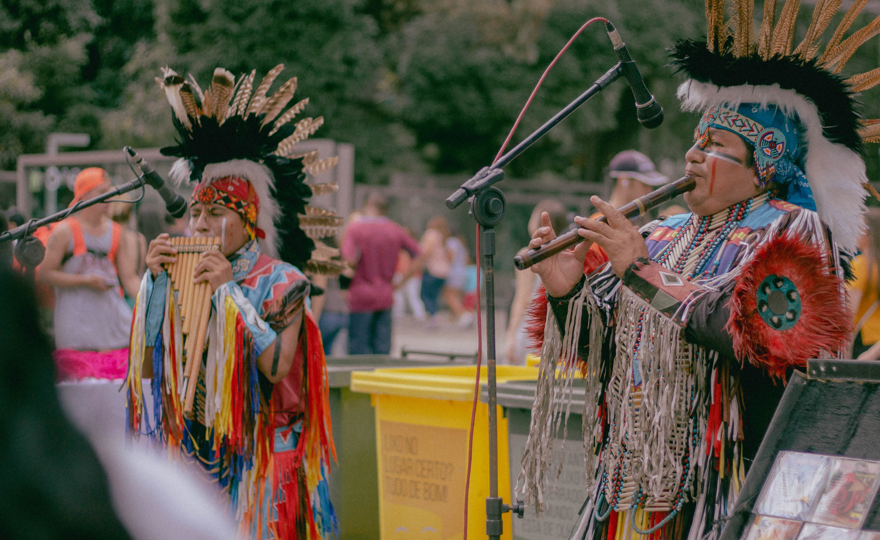ClientEarth Communications
9th August 2023


The world celebrates the International Day of the World’s Indigenous Peoples on August 9th 2023. The day is an opportunity to celebrate these communities, their cultures and their knowledge. Yet despite their incredible cultural diversity, Indigenous Peoples across the planet share many of the same challenges, such as threats to their human rights and loss of their territories.
Indigenous Peoples are leaders in climate action and environmental protection - here’s why it’s so important we defend their rights and learn from their vast knowledge.
Denying Indigenous Peoples access to their ancestral lands violates their human rights under international law, including their right to life, to traditional livelihoods, to culture and to a healthy environment. Indigenous people worldwide depend on their land and forests for food, water, medicine and identity.
Protected indigenous areas are home to the best-preserved rainforests. In fact, Indigenous Peoples are recognised as safeguarding a whopping 80% of the planet’s biodiversity, proving themselves to be the best guardians of ecosystems and the resources they provide, like clean water.
Integrating Indigenous expertise and knowledge into land management and development policies can lead to more sustainable and equitable outcomes. They have valuable insights into local ecosystems and offer solutions to protect and restore our natural world – their knowledge systems and expertise should be respected and promoted in climate action.
Indigenous communities are often on the frontline of the fight against climate change and biodiversity loss. They are often working as agents of change in the struggle for a more sustainable future and justice for their people. It is crucial for the world’s efforts to tackle the climate and environmental crises that their contribution to climate action is recognised and their participation in decision making is supported.